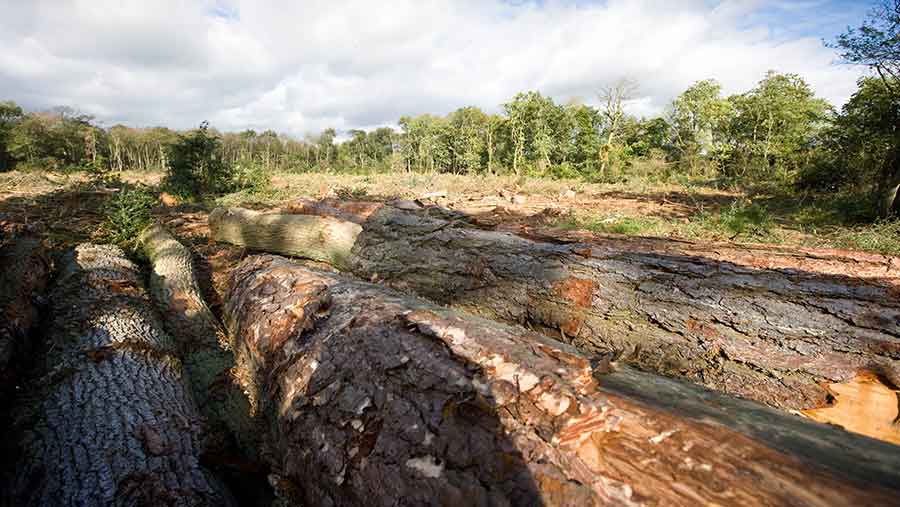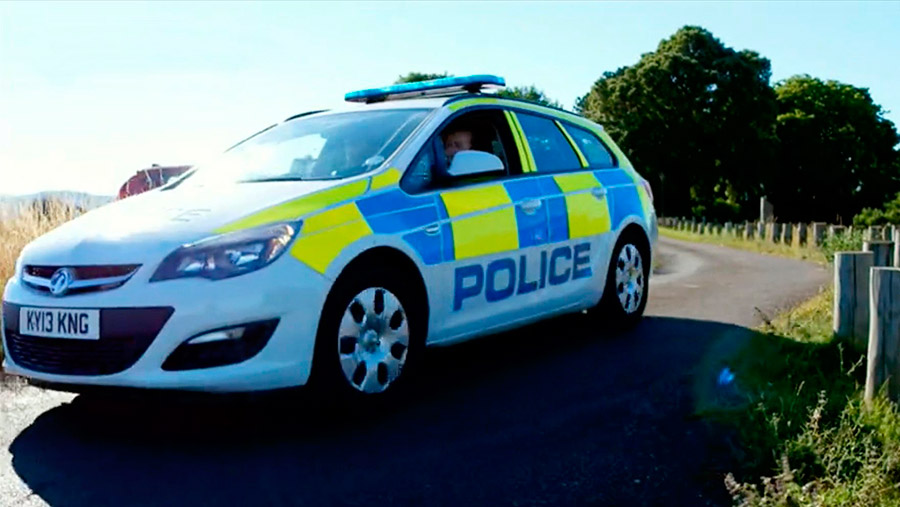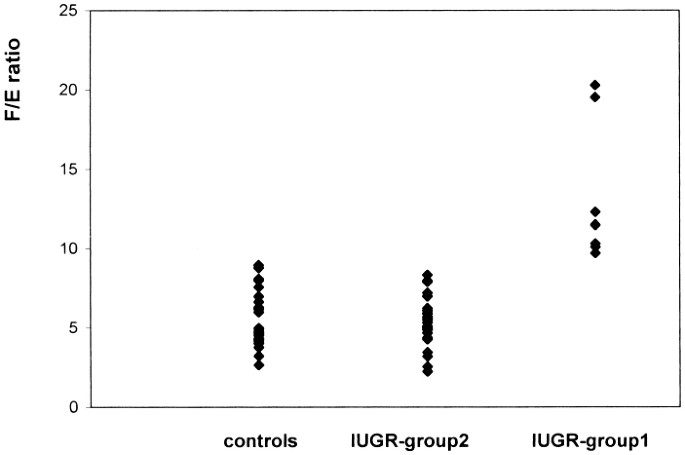
- Select a language for the TTS:
- UK English Female
- UK English Male
- US English Female
- US English Male
- Australian Female
- Australian Male
- Language selected: (auto detect) - EN
Play all audios:
Politicians rarely use numbers to enlighten us. As Mark Twain wrote in the _North American Review_ at the outset of the 20th century: “There are lies, damn lies, and statistics.” When the
Prime Minister tells the House of Commons that “crime has fallen by 14%” and you discover that crime has actually _risen_ by 14%, you can do one of two things. Roll your eyes and move on. Or
you can dig a little deeper. These are the facts: crime can only be said to have fallen if you exclude fraud, which costs the country at least £190 billion a year — and that’s only the
fraud we know about. In fact fraud, far from being an outlier, is according to the National Crime Agency, now the most commonly experienced crime in the UK. And it is soaring exponentially,
as every aspect of our life is digitised. Financial fraud against UK bank customers increased by two-thirds in the first half of 2020. HMRC reported a 74% increase in fraudulent emails in
the same period. The Treasury has written off a staggering £4.3 billion , stolen by fraudsters from the emergency Covid-19 schemes. These are eye-watering sums that far exceed the proceeds
of street crime. Boris Johnson might have said: “ _ Violent _ crime has fallen by 14%” ; or “ all crime _with the exception of fraud_ has fallen by 14%” . But he didn ’ t. He said that
crime, no qualification, no ifs or buts, had fallen by 14%. He knew what he was doing. He was rebuked for playing fast and loose with numbers, not for the first time, by the impartial UK ’ s
statistics watchdog. What makes this particular iteration of the old adage eye-opening is the defence subsequently mounted on television by Kwasi Kwarteng, the Business Secretary. When
challenged on the BBC, Kwarteng justified Johnson ’ s lie by saying that he had only been referring to crime which “ people experience in their day-to-day lives” . Press pause and rewind.
Run that past me again, Secretary of State. Kwarteng is brainy enough to know the difference between a kosher statistic and a lie: Eton Scholar; Cambridge double-first; Harvard, PhD in
Economics, an analyst at JP Morgan Chase. This can ’ t have been a comfortable moment. Even for a loyalist prepared to die in a ditch for his leader, this is a statement of shining
insensitivity. Not least towards the business community, a major target of fraud. Fraud is a hugely damaging crime. It threatens all of us, without exception. It acts as a huge drain on
resources, private and public. It slows economic growth. And it contributes to erosion of trust across our communities. Fraud, like lying, is toxic. Fraud can bankrupt a corporation, leaving
a trail of social and community devastation in its wake. It can rip the heart out of a pension fund, leaving pensioners on the poverty line. Scammers and phone fraudsters who swindle the
elderly of their life ’ s savings can be life-wreckers. The impact of a phone swindle on victims may be more immediate than a corporate fraud that destroys a company, leaving its
shareholders, customers and suppliers struggling. But the end result is the same. Fraud destroys. Age UK estimates that up to five million older people over 65 are targeted each year. The
average individual loss, according to the charity, runs into thousands. According to the Centre for Counter Fraud Studies at Portsmouth University, people aged 65-74 are 54 times more likely
to be the victim of fraud than they are of being physically attacked. The most vulnerable are single people aged 75 and over. The charity found — and this is a number Kwarteng might like
to reflect on — that people defrauded in their homes are 2.5 times more likely than others to die or go into care within a year. Scam victims told _Which?_ magazine that being swindled
had destroyed their confidence and their ability to trust other people. Elderly people who are cheated often experience shame. Some retreat behind their front door rather than report the
fraud, contributing to what Professor Mark Button, director of the Fraud Studies Centre, calls the “ loneliness epidemic ”. Action Fraud data registers thousands of calls a year from
victims who subsequently suffer severe emotional distress. Between January and November 2020 Action Fraud received 241 where a “threat to life” ( i.e. suicide) was flagged. Victims of fraud
can feel just as violated as those who suffer burglary. What is an assault on your computer or a phone scam that robs you of your life ’ s savings, but a form of burglary? Kwarteng does
have half a point. Fraudsters don ’ t yet quite cut it as bad guys in the eyes of the public. Society ’ s attitude to crime tends to be, like so much else, class driven. A burglar is someone
who comes from the wrong side of the tracks and makes bad choices that lead to a life of crime. The same is often said of a benefits fraudster. These are individuals who are portrayed by
some as inherently anti-social and predisposed to crime. White-collar criminals, on the other hand, are “rotten apples ” who occasionally stray from the straight and narrow. The accountant
who cooks the books or a boss who raids his company ’ s pension fund or a university-educated conman who sells the state duff PPE equipment belong in a higher circle of hell than, say, the
Kray twins. Nailing fraud is complex, difficult and expensive. It ’ s slim pickings. Fraud trials cost the taxpayer millions. The authorities take fraud seriously. The Treasury employs a
1,265-strong anti-fraud taskforce. And yet the UK failed to bring a single successful corporate prosecution after the 2008 financial crash, which caused a worldwide economic crisis. It’s
time to stop thinking of fraud as a lesser crime. We need to rethink what fraud as well as its close relative, corruption , look like, both in business and politics. Too often, deep pockets
are a get-out-jail-free card. A MESSAGE FROM THEARTICLE _We are the only publication that’s committed to covering every angle. We have an important contribution to make, one that’s needed
now more than ever, and we need your help to continue publishing throughout the pandemic. So please, make a donation._









